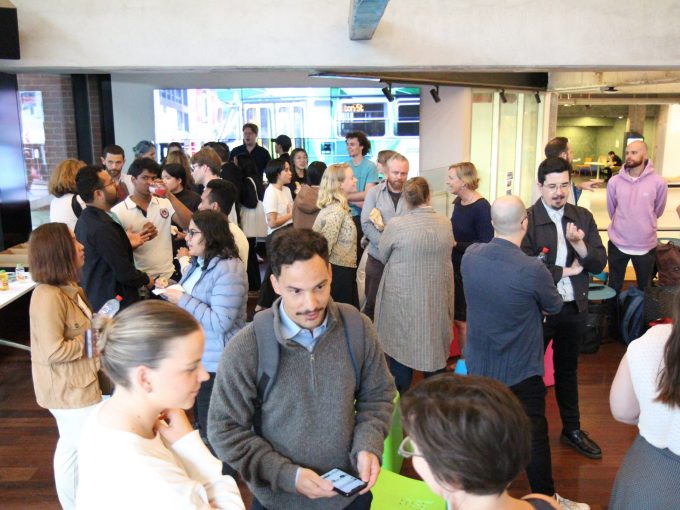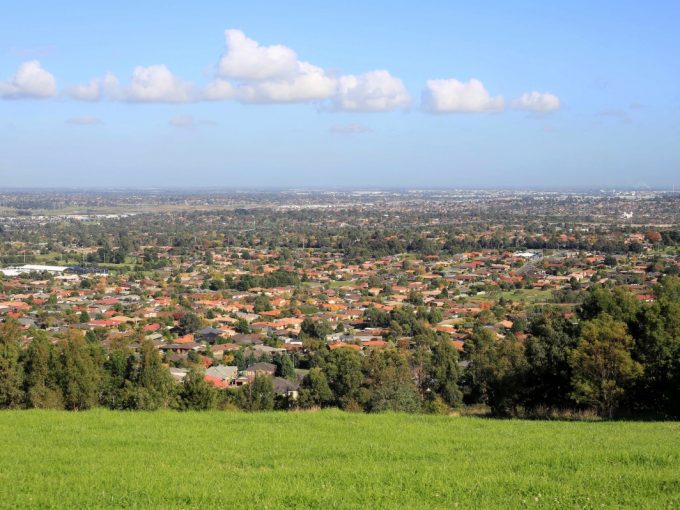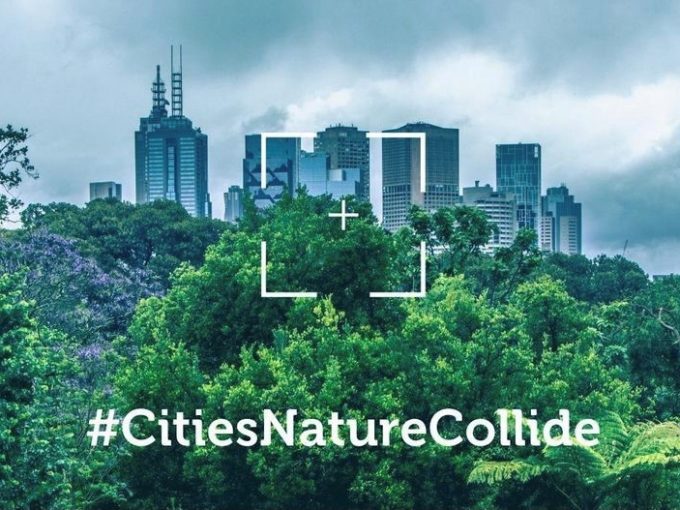The adversities of COVID-19 have no doubt changed the way we think about our environments. Here, our teachers discuss the role urban, regional and environmental planning has in shaping a post-pandemic future.
The COVID-19 pandemic has presented significant challenges across the globe for our education systems, with teachers on the front line to lead and ensure no student is left behind.
Teachers: leading in crisis, reimagining the future is the theme of World Teacher’s Day – a fitting theme for a challenging year.
While a teaching practice focused on sustainability is inherent in these academics, months of environmental, social and economic challenge has highlighted how these teachers make a difference in our communities; by sharing knowledge with students that is transposed into projects and careers that will shape the world for future generations.
To recognise World Teacher’s Day, our teachers from the RMIT Sustainable Urban Planning and Environments and Society programs explain how urban, regional and environmental planning can respond to the post-pandemic challenges that lie ahead.
Andrew Butt, Associate Dean Sustainability and Urban Planning
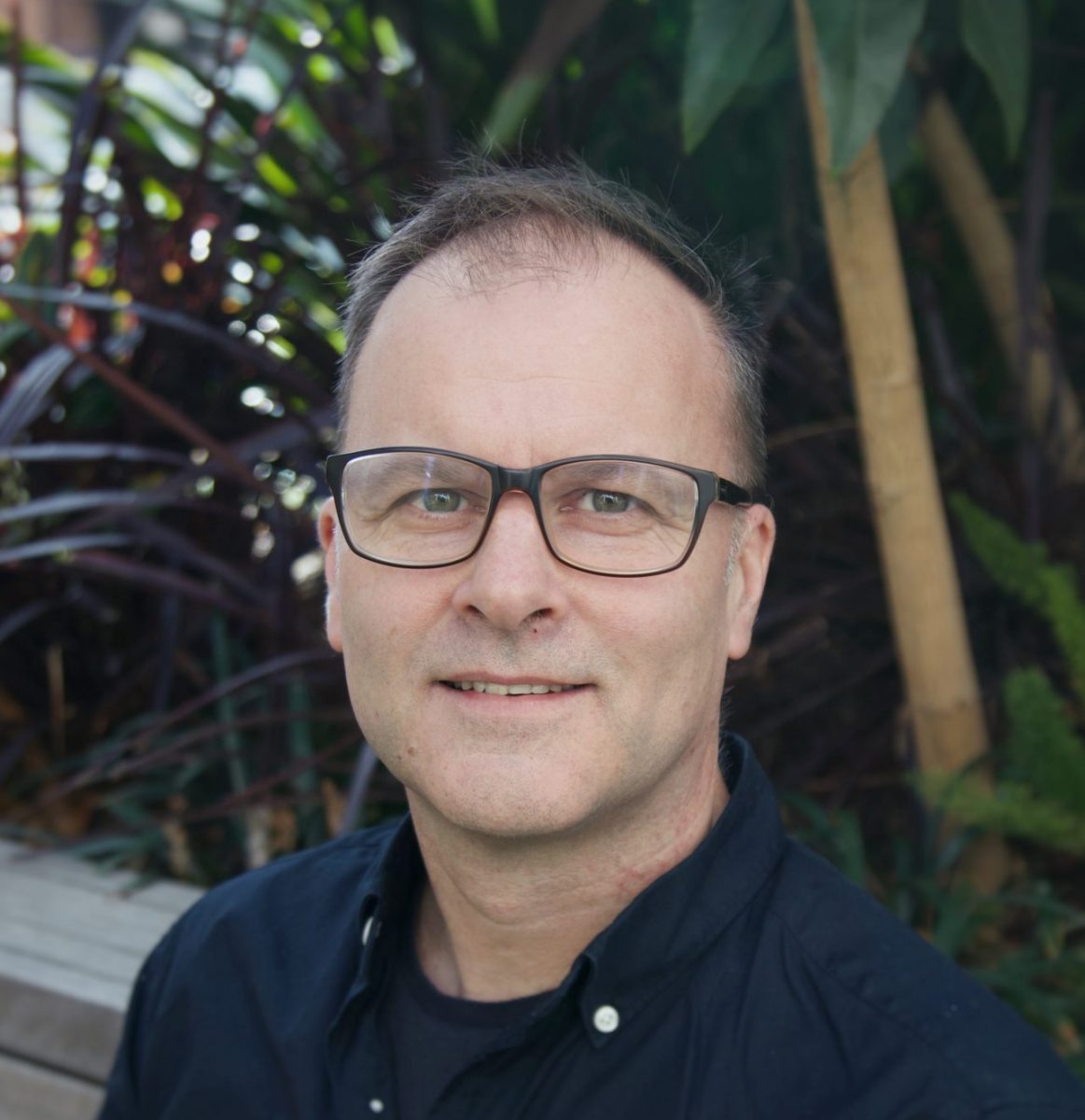
A number of the things that we’ve raised for a long time about precaution and understanding the context of decision making have been reinforced by the events of 2020, says Associate Professor Andrew Butt.
“You can’t always assume that predictive models tell you everything you need to know, and for things like environmental planning or policy making that becomes very important because you recognise the way that it permeates so many different dimensions of how we live.
“It goes all the way down to how you live in local neighbourhoods and all the way up to what happens at a global scale – you start to see that environmental crises, population, transport and energy issues have consequences right through society and the economy in ways that people might not have anticipated.”
Wendy Steele, Bachelor of Sustainable Urban Planning
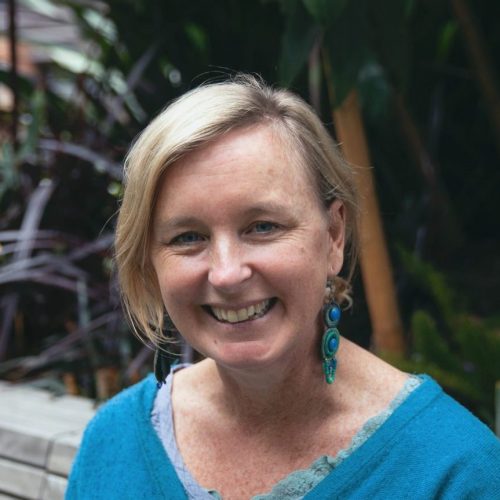
The lived experience of COVID-19 has emphasised the importance for students to understand and engage with critical issues around shaping cities and regions, says Associate Professor Wendy Steele, and the need to link theory and practice as critical praxis of sustainable planning.
“This year the emphasis has been on the tri-fold crises of the climate emergency, Black Lives Matter and COVID-19 which together are fundamentally changing the nature, role and functioning of cities and regions.
“From the home to the city and planetary scales, the uneven and multi-layered experiences of urban crises continue to shift our sense of ‘normality’, emphasising the need for more equitable and environmentally sustainable futures.
“The contemporary city is a shapeshifter which poses a genuine conundrum for those who seek to achieve sustainable development goals, and in this degree we explore how cities are both part of the problem and solution through questions of equity, democracy, power and diversity.”
Ben Cooke, Bachelor of Environments and Society Program Manager
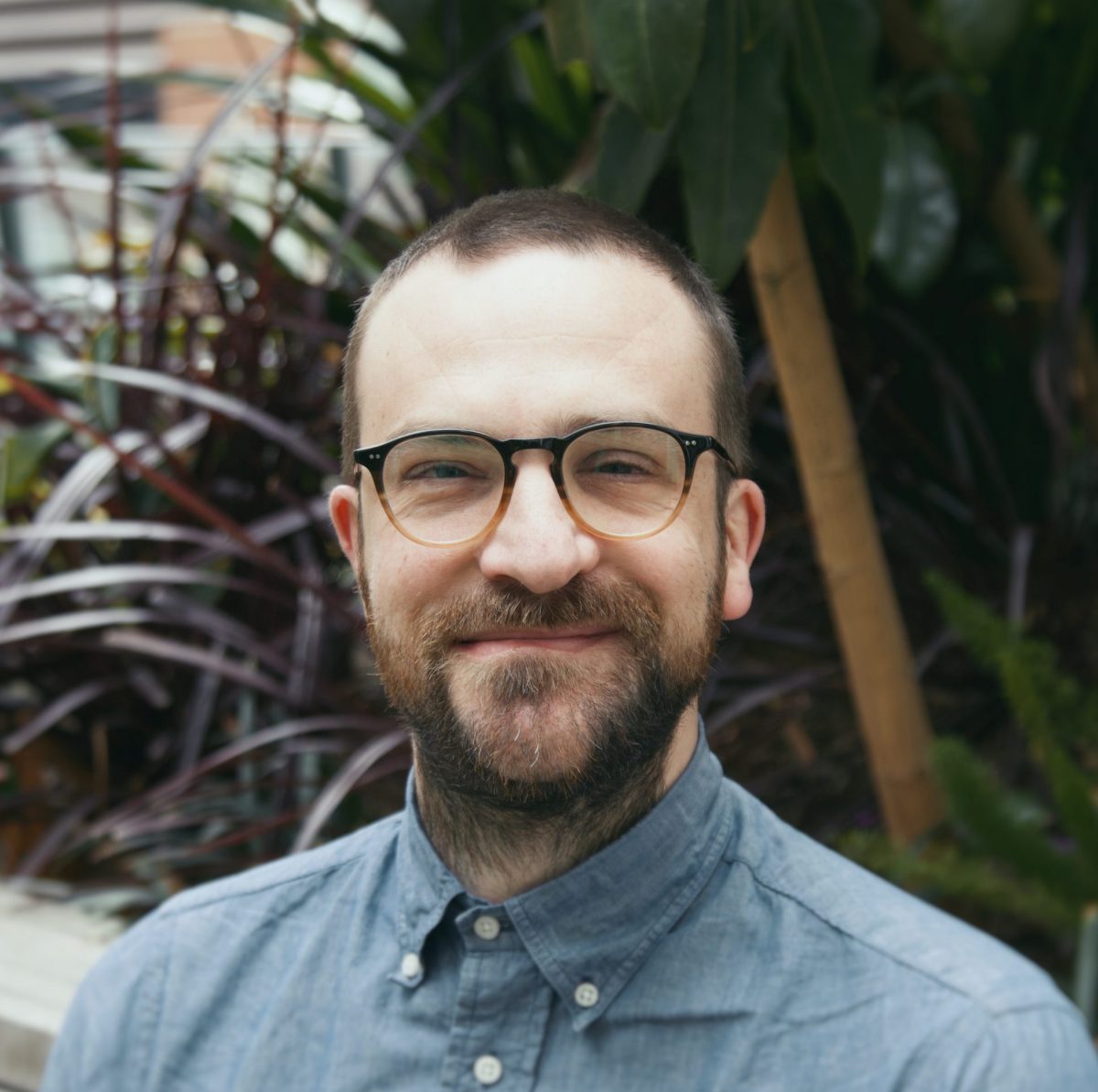
Where a normal year would include arming students with the knowledge to tackle acute environmental crises in their everyday careers, Dr Ben Cooke says 2020 has added urgency to the issues these students work to resolve.
“One of the things I’ve been trying to do is bridge the undergraduate learning experience with what comes next by connecting students with alumni to prepare them for the challenges they might face in their careers.
“The global response to the pandemic demonstrates that we can collectively organise to address pressing global issues and I think this present moment highlights that we can affect change in other important areas like climate change or biodiversity loss, and environment and society students are going to be at the forefront of that.”
Georgia Garrard, Postgraduate Program Manager
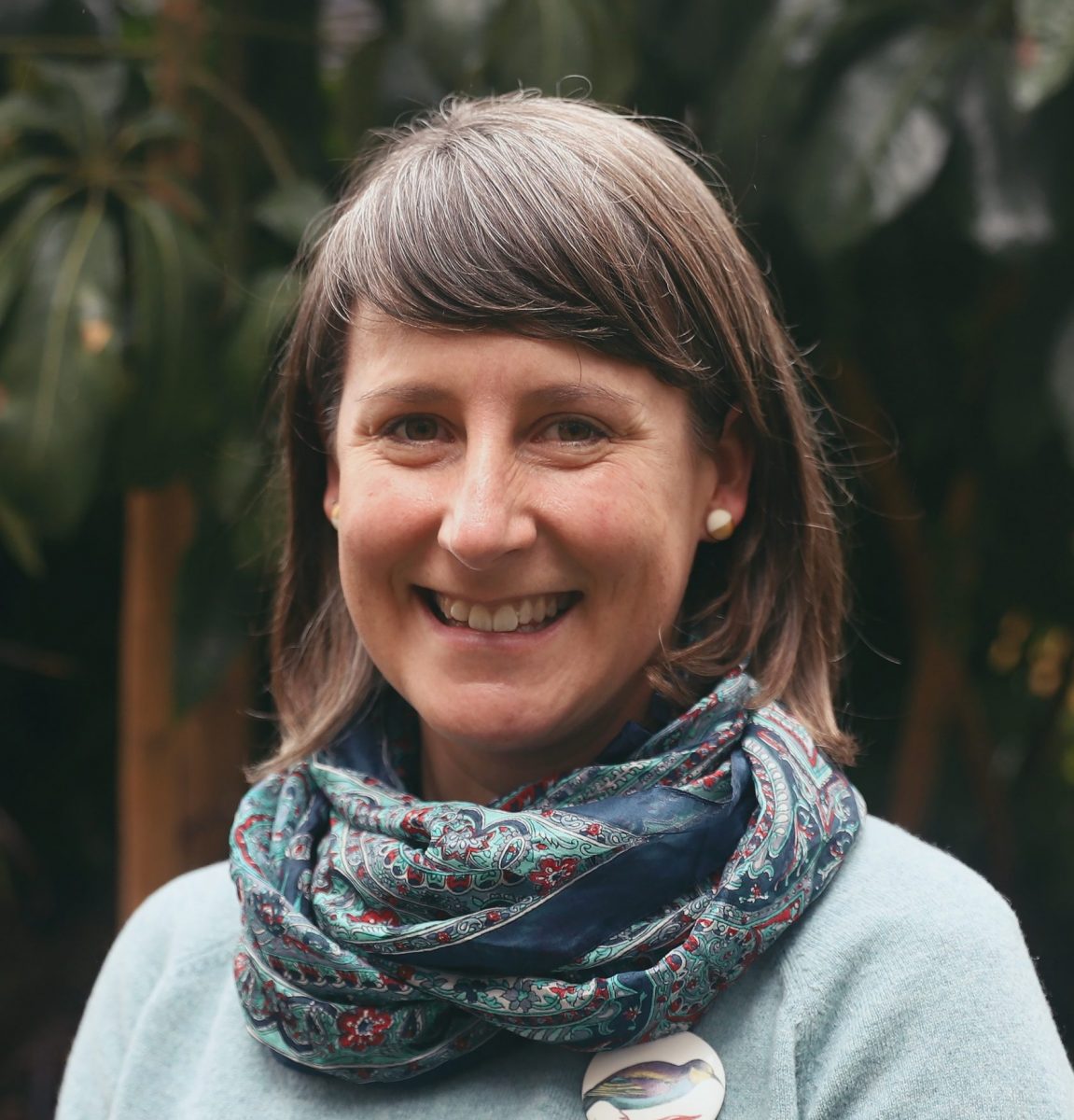
Often the Urban Planning and Environment postgraduate courses are filled with students coming from external undergraduate degrees, says Dr Georgia Garrard, and potential student see this as an opportunity to specialise in a topic of forward-thinking and innovation.
“My teaching introduces ecological concepts to students thinking, questioning how we can enhance nature in cities for the benefit of both native biodiversity, and people.
“One of the biggest reasons why nature isn’t incorporated into cities, is because we don’t plan long-term enough for the future, so I’ve always taught that if we want nature in our cities we have to actively plan for it to happen.
“We can’t take nature and natural systems for granted, and we’re in a really powerful position to plan for a type of future we want to see.
“Teaching in 2020 has emphasised the importance in understanding and valuing nature particularly in urban contexts, as we’ve seen people engaging with nature in different ways.”
Lauren Rickards, Bachelor of Sustainable Urban Planning
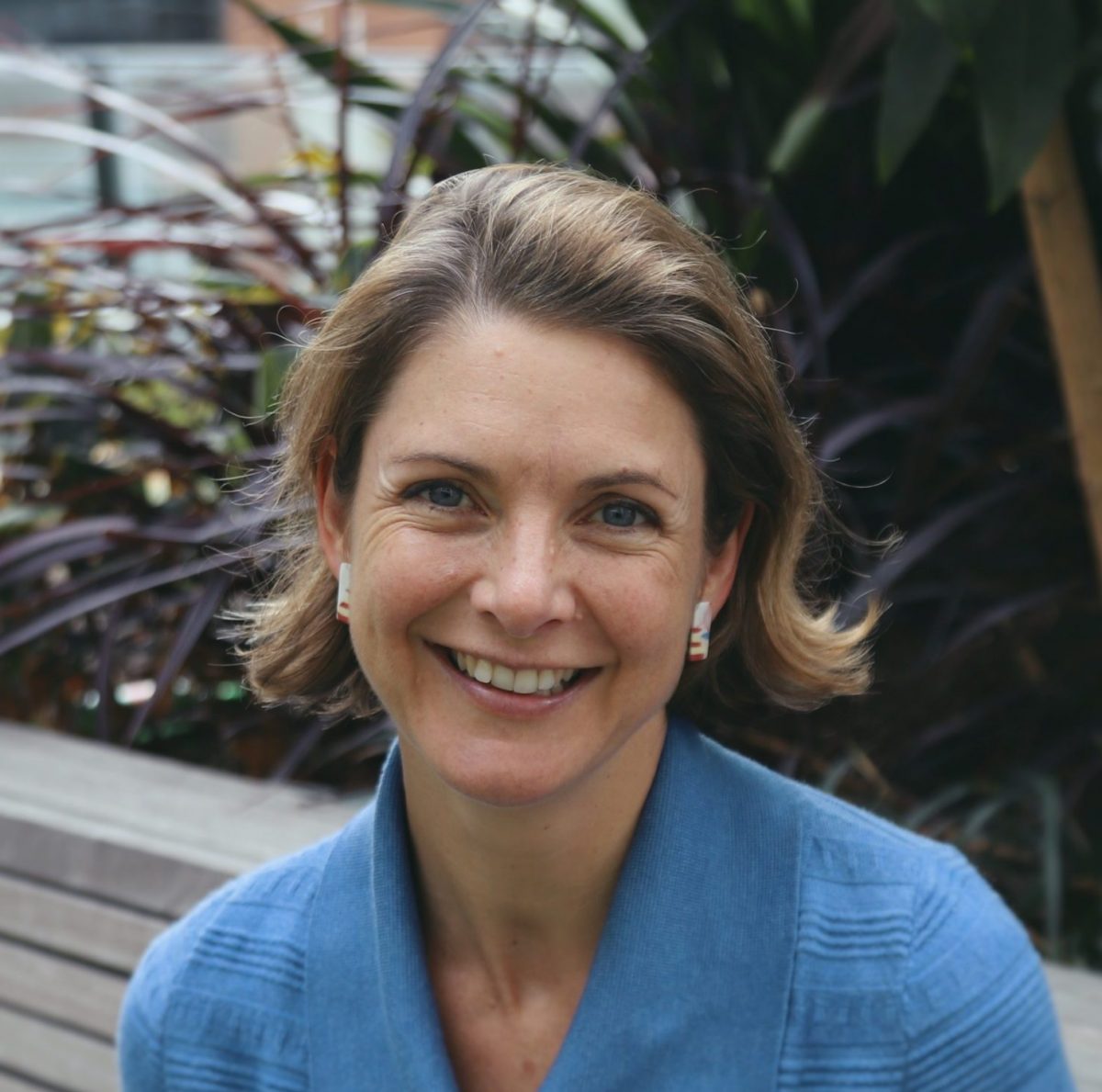
Climate change is here now – it’s no longer something that’s in the future and it is important that the younger generation know and appreciate what they can do to enact change, says Associate Professor Lauren Rickards.
“Increasingly as of this year I realised we can’t wait for young people to get into a position of power five to ten years down the track- we need them to be influencing their future professions, influencing their institutions, influencing the broader world that they are apart of, right now.
“I teach with the responsibility to equip students with the right intellectual tools to understand and address the complexities and severity of climate change, and how to respond to these in a transformational way.
“Every job is a climate change job, it doesn’t matter if you have climate change in your title, whatever you do has implications for the climate change. “It’s about pushing for big structural change now, using whatever influence you possibly have.”
Mittul Vahanvati, Bachelor of Sustainable Urban Planning
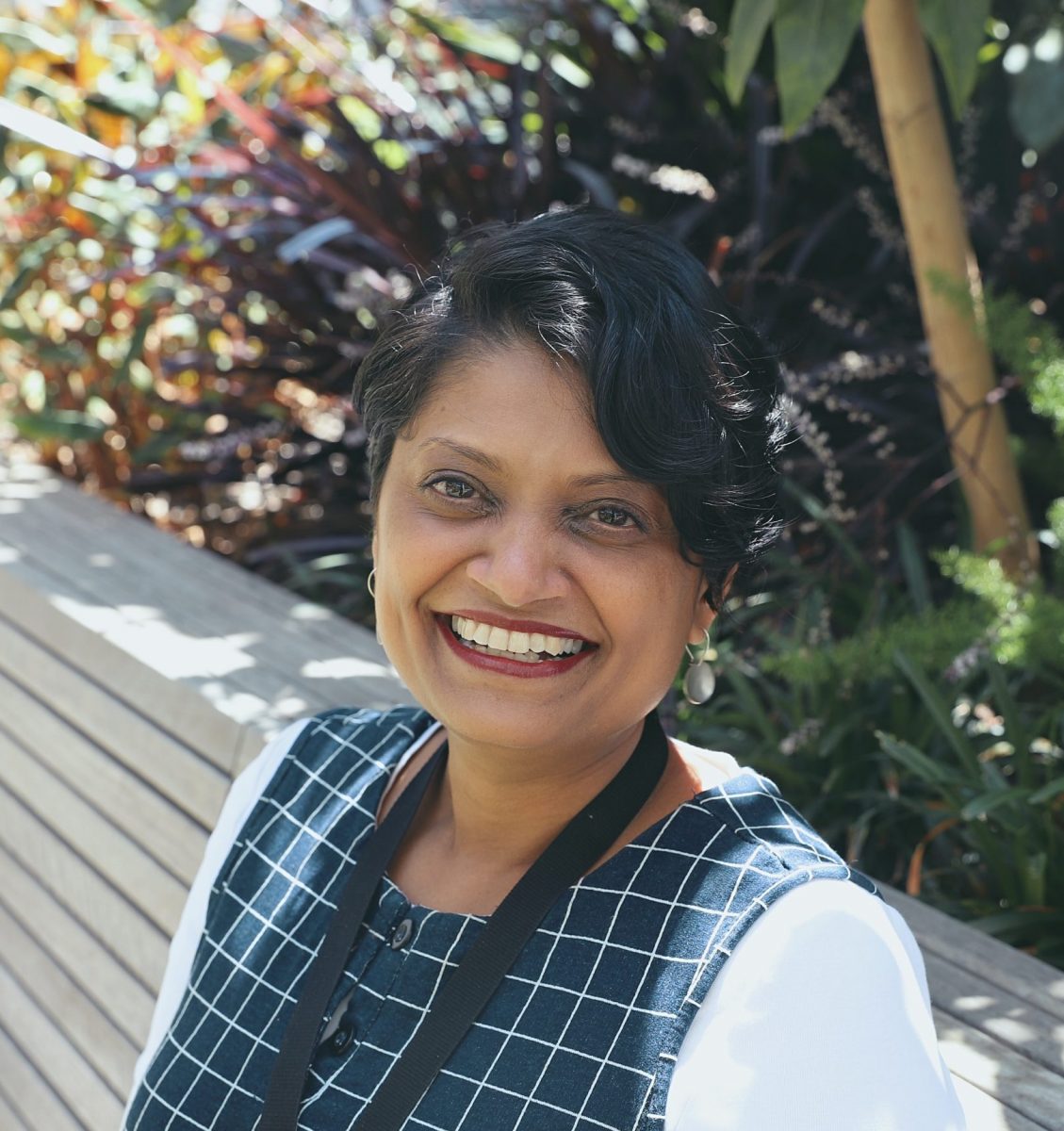
Looking at Australia and developing country contexts, students imagine the future of specific sites, learn the complexities and challenges surrounding that urban design, and discuss ways to address those challenges says Dr Mittul Vahanvati.
“The pandemic comes up in a number of urban design themes that we focus on, for example we were looking at a shortage in housing, estimating the need to build more and more, but now we are faced with the opposite problem; we will have a lot of vacant, unoccupied buildings.
“Or that we have forecasted a population rise, but now with immigration down, people postponing their pregnancies and so on, the population growth is not going to be that substantial.
“All of these projections on the basis of which our whole economy and society were functioning, are suddenly all being put to question, and this year my students have been forming solutions to such questions by making recommendations for a better use of such urban spaces.”
Marco Amati, Bachelor of Sustainable Urban Planning
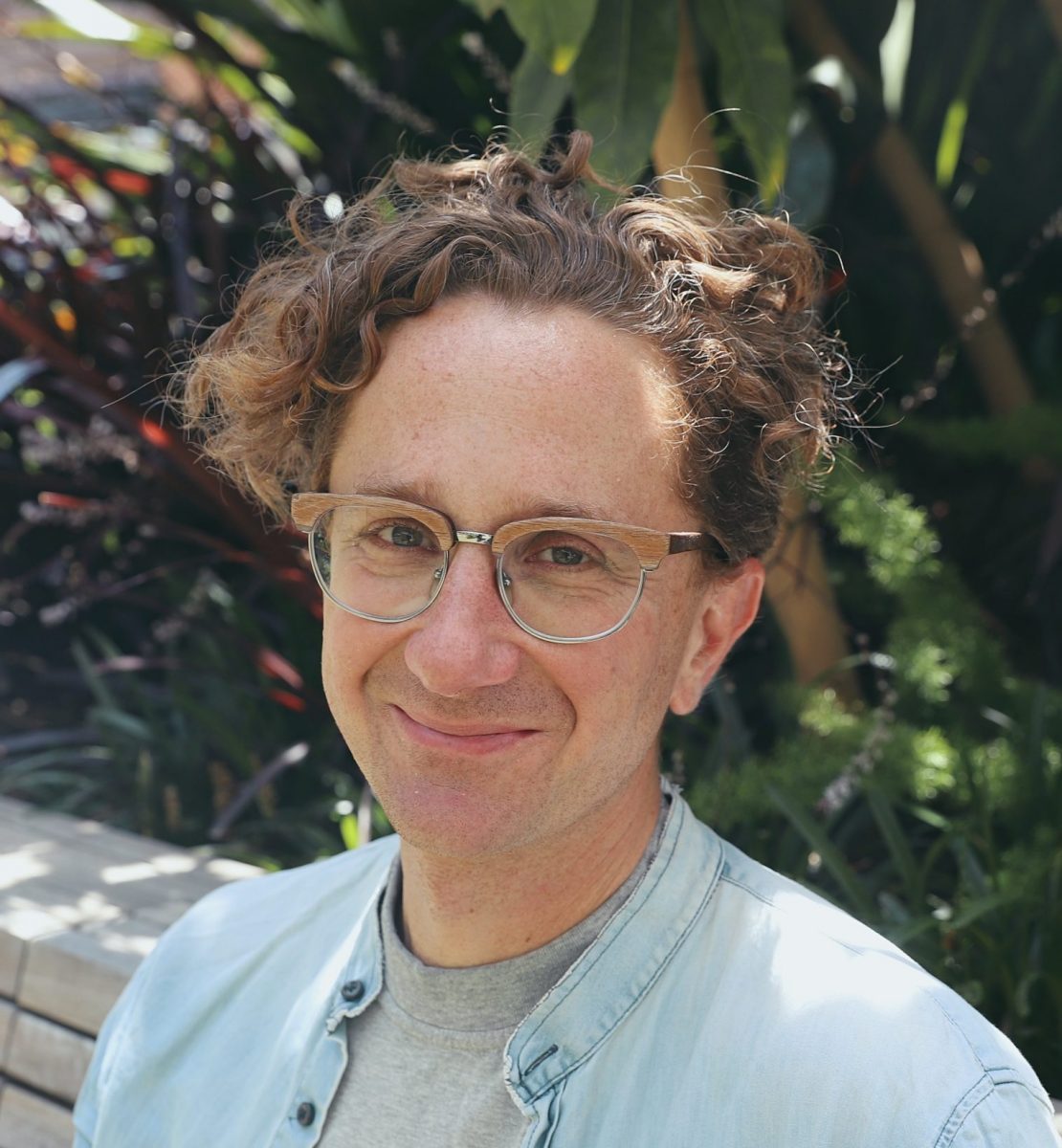
Studying the history of planning tells us what people have thought about cities in the past, says Associate Professor Marco Amati, allowing students to understand the contemporary urban contexts we exist in.
“One of the things I’ve done is change the course content to look at the role cities have played in the past, such as in a pandemic like the one we’re living through now.
“Looking back 100 years, the most significant impact is not about urban form, the issue is much more about the relationship of people to nature, perhaps even biology.
“When we look forward ten years, you consider the impact of autonomous vehicles or electric cars, but if we talk long-term, then we’re looking at something quite dramatic in terms of our impact on the planet.”
Story: Natalie Campbell
